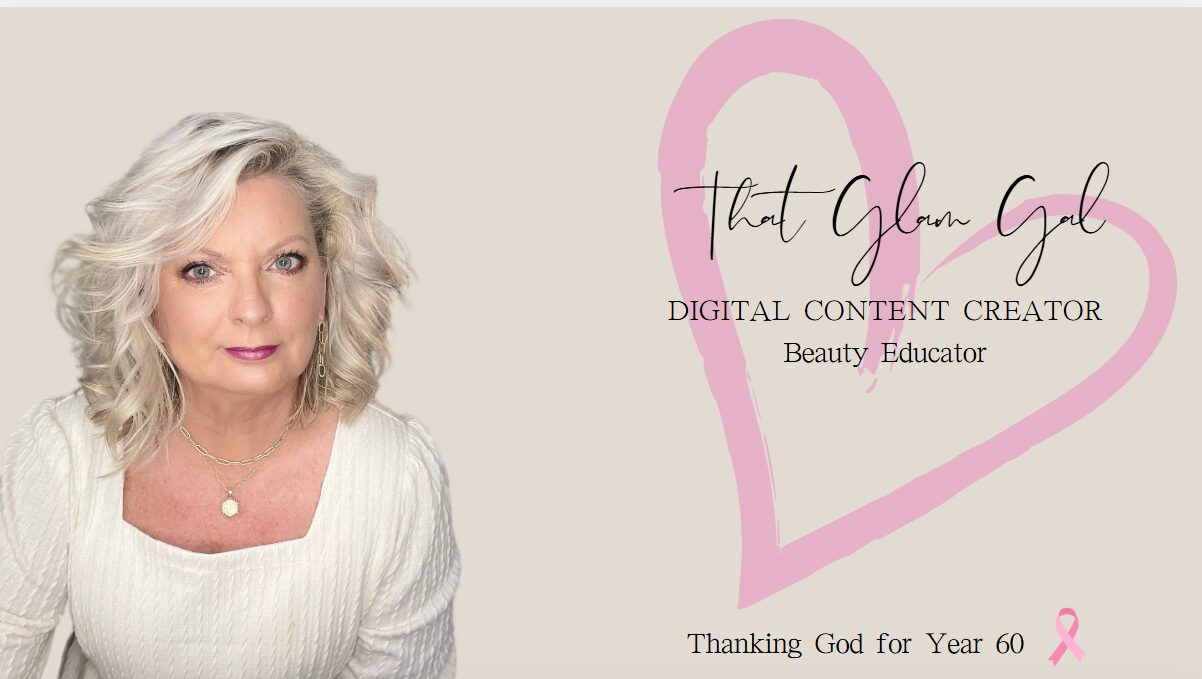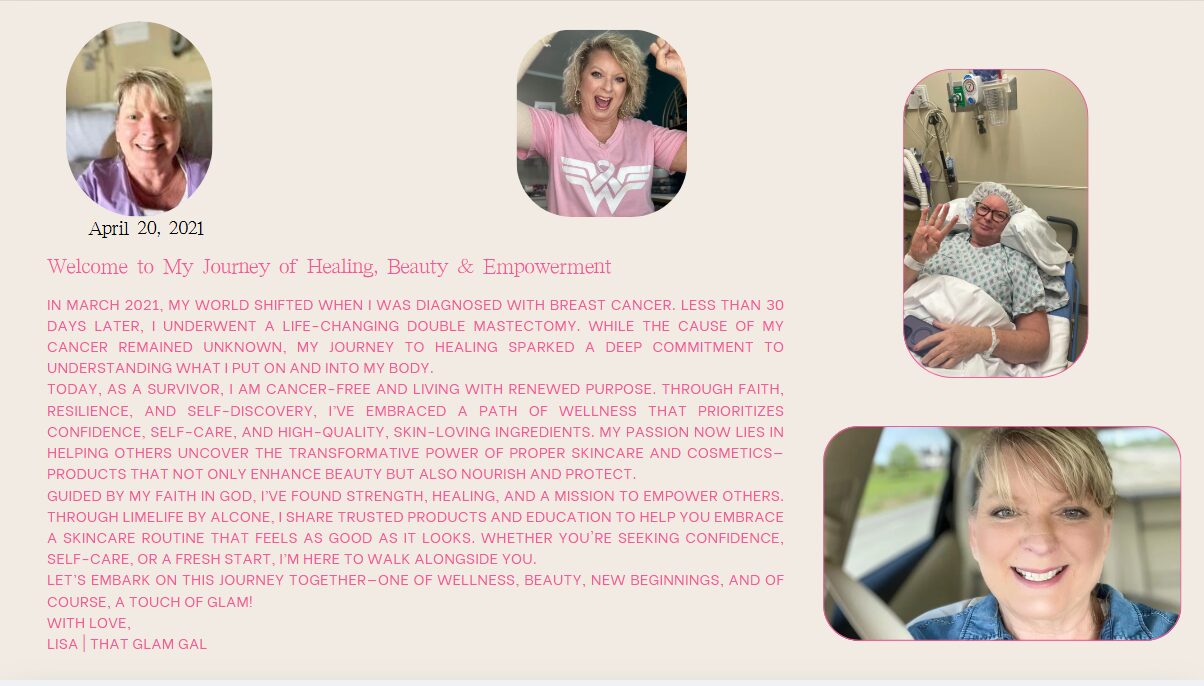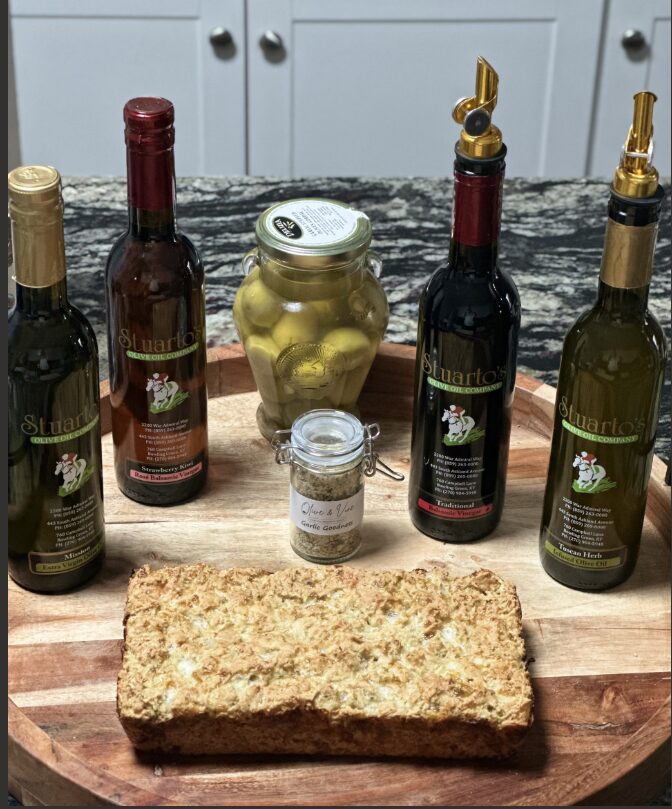

I Can't believe how long it took me to Embrace the lifestyle of Fasting
Let’s talk about something that’s often misunderstood—fasting.
No, it’s not just a trend. And no, it’s not about starving yourself. For me, fasting has become a tool for healing, clarity, and freedom—not just dropping a pant size (though that’s a sweet bonus, too!).
*SO, what is fasting, really?
fasting is simply giving your body a break from digesting food. Intermittent fasting (what I do) means you eat during a specific window of time each day and allow your body to rest and repair during the off hours. I usually follow a 16:8 approach, eating between 11 AM and 7 PM, depending on when I finished dinner the night before.
At age 60, after beating breast cancer and living with lymphedema, I’ve come to realize that how and when I eat matters just as much as what I eat.
Why I Fast (and It’s Not Just for the Scale)
Mental Clarity & Focus
Fasting gives my brain a break, and I can feel the difference. My mind is sharper, my thoughts are clearer, and I don’t experience that post-meal fog anymore.
Reduced Inflammation
As someone with a history of cancer and joint pain, I notice less swelling and stiffness when I fast consistently. Research backs this up—fasting helps the body calm inflammation and repair damaged cells.
Hormone Balance
***Fasting has been linked to lower risks of Alzheimer’s, heart disease, and even some cancers. For me, with a family history of all three, this is personal. ***My Morning Fasting Routine
I stick to a clean fast with black coffee, plain tea, or water only
No cream, lemon, sweeteners, or collagen until I officially break my fast
Mornings are for walking, prayer, journaling, or just soaking up quiet time
I break my fast around 11:00 AM or noon, depending on my last meal
"I can do all things through Christ who gives me strength." – Philippians 4:13



The Hidden Dangers in Your Drinking Water (And What You Can Do About It!)
As a breast cancer survivor, I’ve become extremely mindful of what goes into my body, lets say 90% of the time, because I am human and I do not have a strong willpower to bread (facepalm). From the food I eat to the skincare I use, I do my best to avoid harmful toxins. But one of the biggest, yet most overlooked, sources of toxic exposure? Our water.
Most people assume that if their water is clear and comes from a municipal source, it must be safe. But studies show that tap water often contains contaminants linked to cancer, hormone disruption, and other long-term health risks.
Let’s break down some of the most concerning toxins in unfiltered water and what you can do to protect yourself and your family.
1. Chlorine and Fluoride: More Harm Than Good?
Most cities add chlorine and fluoride to their water supply. While they’re meant to kill bacteria and protect teeth, studies have linked long-term chlorine exposure to increased cancer risk and fluoride to potential neurotoxicity. The problem? These chemicals don’t just disappear when they hit your faucet.
2. Heavy Metals and Pharmaceuticals: The Silent Threat
Lead, mercury, and arsenic—yes, arsenic—have all been detected in drinking water. And that’s not all. Traces of prescription drugs like antibiotics, hormones, and antidepressants have been found in public water systems, this is another story for another day for sure. These contaminants can disrupt the body’s natural balance and may contribute to hormonal imbalances and increased cancer risk.
3. Microplastics and Forever Chemicals (PFAS): The Invisible Danger
Have you heard of PFAS (per- and polyfluoroalkyl substances)? These man-made chemicals are found in nonstick cookware, fast food wrappers, and even water supplies. They’re called “forever chemicals” because they don’t break down in the environment or your body. Studies link them to cancer, thyroid disorders, and immune system issues—yet they’re still in many water sources.
What Can You Do?
After learning about these risks, I knew we needed a high-quality filtration system. That’s why we switched to a Berkey water filter, which removes:
✅ Chlorine and fluoride
✅ Heavy metals like lead and mercury
✅ Bacteria, viruses, and parasites
✅ Pharmaceuticals and harmful chemicals
✅ Microplastics and PFAS
The difference was night and day—not only in taste but in how we feel. Friends who visit our home ask for our water because it’s so pure and refreshing!
If you’re concerned about what’s in your water, I encourage you to do your own research. Filtering your water is one of the easiest and most impactful ways to protect your health. There are many out there that will help filter your drinking water, we just did our own research and found this to be the best for our needs.
Do you currently filter your water?
To clean, healthy living,
Lisa
(C) 2024-2025
That Glam Gal

"What's the Big Deal About Olive Oil, Anyway?"
Hey friends! Today, I wanted to chat about something simple but SO important—olive oil!
If you're like me, you've probably stood in the grocery aisle wondering why there are about 700 kinds of olive oil. (Okay, maybe not 700, but it feels like it, right?) After years of experimenting, reading, and cooking, I've discovered something wonderful: not all olive oils are created equal!
Here's the scoop: Olive oil isn't just delicious; it's also packed with incredible health benefits—especially if you're navigating your 40s, 50s, 60s, or beyond.
A Few Reasons Olive Oil is Your Best Friend:
-
Heart Health: Helps lower inflammation and reduces bad cholesterol.
-
Joint & Bone Support: Fights inflammation to ease joint discomfort (my knees say thank you!).
-
Beautiful Skin & Hair: Hydrates your skin and nourishes hair from the inside out.
-
Brain Booster: Antioxidants help protect your brain, improving memory and clarity.
-
Better Digestion: Soothes your digestive tract and reduces inflammation in your gut.
-
Anti-Cancer Properties: Contains powerful antioxidants that may help reduce cancer risks, including breast cancer.
-
Blood Sugar Control: Helps stabilize your blood sugar, potentially lowering diabetes risk.
-
Supports Healthy Weight: Healthy fats keep you satisfied, aiding in weight management.
-
Immune System Champion: Vitamins E and K strengthen your immunity, protecting you from illnesses.
But here's the catch: quality matters. Choosing the right olive oil is essential. Always go for extra virgin olive oil (EVOO)—it's pure, cold-pressed, and retains all those amazing antioxidants.
How to Choose a Great Olive Oil (and not waste your money!):
-
Look for labels saying “cold-pressed” and “extra virgin.”
-
Opt for bottles made of dark-colored glass (to prevent oxidation from light).
-
Always check for harvest dates—the fresher, the better. Aim to use within 12–18 months.
-
Bonus points if your oil has a certification seal (like the California Olive Oil Council or European PDO).
As you know , if you are recieving my email that my new favorite place is at Olive & Vine KY. In Bowling Green Kenducky. Not only do they have top-quality oils, but you can also taste-test amazing flavors (lemon-infused olive oil, anyone?). He has turned my on to Strawberry and Kiwi in my gallon of water I am drinking everyday! So so good!
Curious? Pop in and tell them Lisa sent you and tell Spencer I said hello! You will love him too, he is a 19 year old entrepreneur and this is his second business venture, he also has a flower farm, so he said there are fresh flowers there every saturday in the summertime. This will be an experience you will share over and over.
Now, I’d love to hear from you—what’s your favorite way to use olive oil?
With love,
Lisa